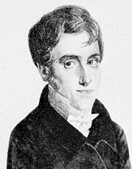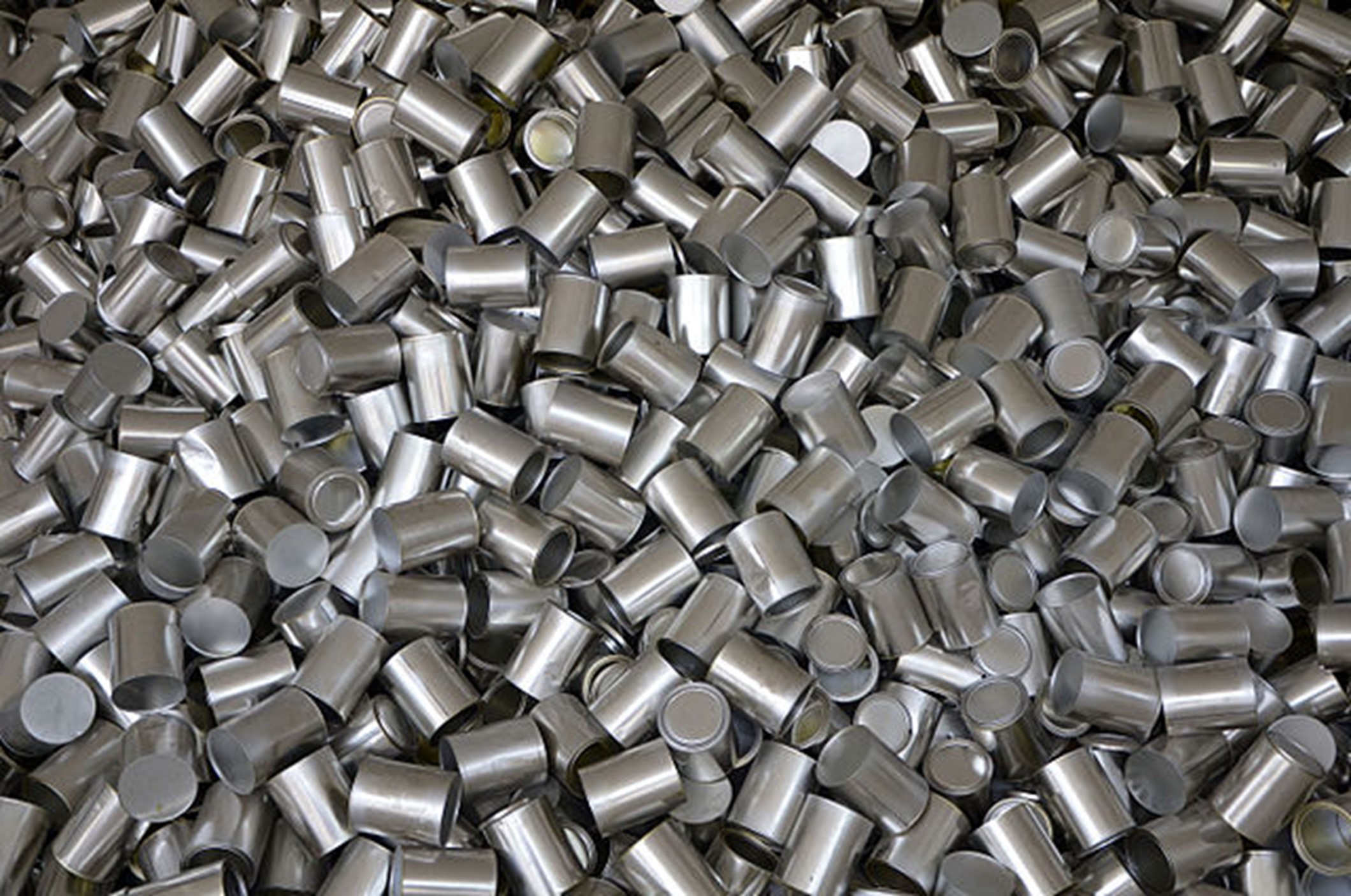Nicolas Appert: The Father of Canning
In the French village of Châlons-sur-Marne, there was a man named Nicolas Appert, whose life was as colorful as the jams he would later preserve. Born on November 17, 1749, Nicolas was the son of an innkeeper, and though he never received formal education, he had a knack for cooking. Little did anyone know this unassuming innkeeper’s son would one day revolutionize how we preserve food.
Nicolas’s journey into food preservation began with a simple yet profound question: “How can I keep my delicious pastries fresh for longer?”
Nicholas moved to Paris in 1780 and established himself as a confectioner, satisfying the sweet tooth of many of the city’s elite. But as he perfected his pastries, his mind remained obsessed with the challenge of preserving food. As fate would have it, Nicholas’s obsession would soon become a shared challenge by the French army.

One Man’s Obsession – A Country’s Need
The late 18th century was a time of great turmoil in France. Napoleon Bonaparte was on a quest to conquer the world, and the French army needed a reliable way to carry food on long campaigns without it spoiling. In desperation, the government offered a prize of 12,000 francs to anyone who could solve this problem. Nicolas saw this as his chance to make a mark on history.
With trial and error as his plane, Nicolas embarked on a fourteen-year quest to develop a method of preserving food. He experimented with various techniques, using champagne bottles with the theory “If it can hold bubbles, surely it can hold stew.”

He found a successful process involving placing food in glass bottles, sealing them with cork and wax, and boiling them to create a vacuum seal. This method, though rudimentary, was effective. By 1804 Nicolas opened the world’s first canning factory in the French town of Massy. In 1809 he succeeded in preserving certain foods and presented his findings to the government.
“Voila! The future of food preservation!” he declared, holding up a jar of preserved soup. Impressed by his ingenuity, the government awarded him the 12,000-franc prize, but only after he agreed to publish his findings.
In 1810, Nicolas published Le Livre de tous les Ménages, ou l’Art de Conserver pendant plusieurs années toutes les Substances Animales et Végétales – yes, a mouthful! It means “The Art of Preserving All Kinds of Animal and Vegetable Substances for Several Years”, a comprehensive guide to his preservation method. This publication secured his place in history and earned him critical acclaim and a gold medal from the Society for the Encouragement of National Industry.
A Scientific Beginning – A Life of Invention
Despite his success, Nicolas never fully understood the science behind his method, as the field of bacteriology had yet to be developed. It wasn’t until years later that Louis Pasteur would explain the relationship between microbes and food spoilage, further validating Nicolas’s work. But that’s another inspiring story.
As the years went by, Nicolas continued to innovate. He transitioned from using glass jars to tin-plated steel cans, which increased the portability of preserved foods and further cemented his legacy as the “Father of Canning”. He also developed other inventions, such as the bouillon cube and a method for extracting gelatin from bones.
Today, Nicolas Appert is celebrated as a pioneer in food science. Streets and schools in France bear his name, and his legacy lives on in the countless cans of food that line grocery store shelves around the world. His story is a testament to the power of curiosity and perseverance, and it serves as an inspiration to all who dare to dream big.
Learning about the remarkable journey of Nicolas Appert and his groundbreaking invention of canning, it’s fascinating to see how the spirit of innovation in food safety continues to evolve today. Just as Appert’s airtight preservation method revolutionized food storage, our parent company, Spellbound, and its creation of the first disposable utility knife marked another leap forward in ensuring food safety, particularly in restaurants and food manufacturing operations. Our fully disposable Lizard® safety knives, developed in the 1990s, were the first of their kind, designed to minimize the risk of loose blades contaminating food during preparation—a very real danger that the Lizard® effectively resolved. This industry-first innovation has paved the way for many more advancements in safe-knife technology. To learn more about how we can help your organization protect your customers, visit us at crewsafe.com or email us at info@crewsafe.com .
Sources
- “The Father of Canning Knew His Process Worked, But Not Why It Worked” by Kat Eschner Smithsonian Magazine February 2, 2017 https://www.smithsonianmag.com/smart-news/father-canning-knew-his-process-worked-not-why-it-worked-180961960/
- “Nicolas Appert” A biography of Nicolas Appert. Encyclopedia.com May 21, 2018 – https://www.encyclopedia.com/people/food-and-drink/food-and-cooking-biographies/nicolas-appert
- “Nicolas Appert” Conservas de Portugal.com https://conservasdeportugal.com/nicolas-appert-1749-1841/
- Nicolas Appert – French chef. Britannica https://www.britannica.com/biography/Nicolas-Appert
- Nicolas Appert – images (File:Enjamin_Nicolas_Appert.jpg, File:Appert_Nicolas.jpg)
https://commons.wikimedia.org/

